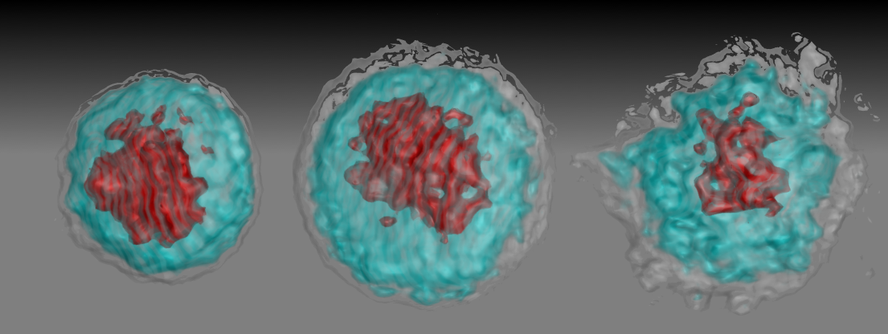Zika virus has been shown to weaken the immune system of pregnant women

Researchers at the Keck School of Medicine (USC) have shown that Zika virus weakens the immune system of pregnant women. This weakening prevents the virus from spreading and damaging the fetus.
Researchers have explained that the immune system of pregnant women is naturally weakened to prevent the body from rejecting the fetus. This also facilitates infection. However, they have now seen that the Zika virus infects white blood cells, CD14+ monocytes, making them M2 macrophages. These macrophages are signs that the body has destroyed the pathogen, so the body does not hinder the spread and reproduction of the Zika virus.
During the study, two types of viruses have been studied, African and Asian, and they have found that Asian is a mechanism by which pregnant women are more vulnerable. Other studies have shown that infections in the first and second trimester of pregnancy increase the risk of fetal abnormalities. Now, in pregnant women infected with Asian Zika virus, the expression of two genes related to newborn abnormalities has increased: ADAMTS9 and FN1 genes.
On the other hand, researchers have warned that pregnant women do not participate in clinical Zika vaccination sessions. According to them, this is a mistake, as these women and their children are among those who should be especially protected.
The research has been published in the journal Nature Microbiology.





